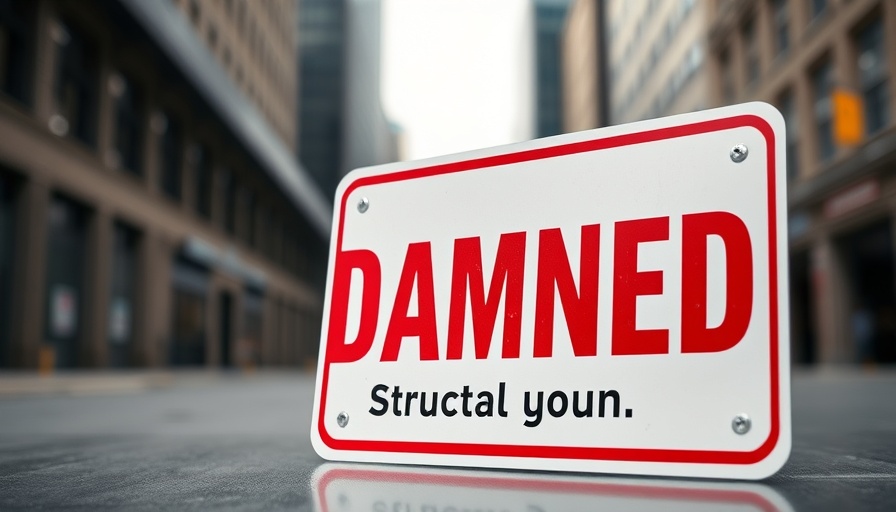
Understanding Advance Payments in Insurance Claims
Receiving an advance payment from your insurance company after a wildfire can feel like a victory. Many South Carolina residents may mistakenly believe this signifies approval of their claims. However, as recent legal cases illustrate, such payments do not necessarily guarantee that your claim will be honored in full. Understanding the intricacies of insurance claims, especially in the wake of property damage, is crucial.
Case Study: Gharibian vs. Wawanesa
In the case of Gharibian v. Wawanesa General Insurance Company, a homeowner received $20,000 to address smoke damage from a fire. Yet, when the claims process unfolded, the insurer denied further coverage citing the homeowner’s choice not to use a professional cleaning service. The California Court of Appeal upheld this denial, emphasizing that insurers can make payments without accepting liability. This highlights a critical point: an insurer’s initial advance does not equate to a commitment to cover future claims.
Legal Precedent: Razuki vs. AmGUARD
Another case, Razuki v. AmGUARD Insurance Company, further reinforces the notion that advances with conditions do not bind insurers. Here, $50,000 was issued without a reservation of rights but later denied due to policy violations regarding fire safety measures. Courts ruled that the advance payment, issued subject to an investigation, did not constitute a waiver or acceptance of the claim. This underscores how crucial it is for claimants to understand the specific terms surrounding such advances.
Clear Communication: What Your Insurance Company Isn’t Telling You
Many policyholders may not realize that receiving an advance does not mean their insurance company is fully committed to covering the full scope of their claim. Insurers may provide funds for mitigation but carefully guard their right to deny further claims based on uncovered conditions or alleged policy violations. This tactic is alarming but common within the industry.
What to Do If Your Claim Is Denied
Facing an insurance claim denial can be daunting, but it’s important to remember that this isn’t the end of the road. Begin by reviewing your insurance policy closely to understand the specific terms and conditions implicated in your claim. Next, consider engaging a public adjuster or an attorney who specializes in insurance claims to advocate on your behalf. Document every interaction with your insurer and gather all relevant evidence to support your case.
Protecting Your Rights: Steps to Take
To avoid falling victim to unfair practices, South Carolina residents should keep these points in mind:
- Document all communications with your insurance company—this includes calls, emails, and letters.
- Ask for clarity on any advance payments: what they entail and if they impact your overall coverage.
- Know your rights: Familiarize yourself with South Carolina’s laws regarding insurance claims to empower your negotiation efforts.
Common Misconceptions About Insurance Advances
There's a widespread belief that any advance payment signifies unconditional acceptance of your claim. This ignorance can lead to significant frustration when claims are later denied. The reality is that many insurance companies will provide advances under certain conditions but reserve their rights to reject further claims. This misconception can prompt policyholders to feel secure prematurely.
Conclusion: Stay Informed to Stay Protected
In the complex landscape of insurance claims, understanding the nature and implications of advance payments is essential. With so many nuances at play, being informed is your best strategy to combat potential future denials and assert your rights against common insurance company tactics. Stay vigilant, document thoroughly, and don’t hesitate to fight against unjust denials.
Take Action: If you believe your claim has been mishandled or unjustly denied, consider consulting with experts who can guide you through the process of fighting a denied claim. Protect your rights and ensure you receive the coverage to which you are entitled.
 Add Row
Add Row  Add
Add 




Write A Comment